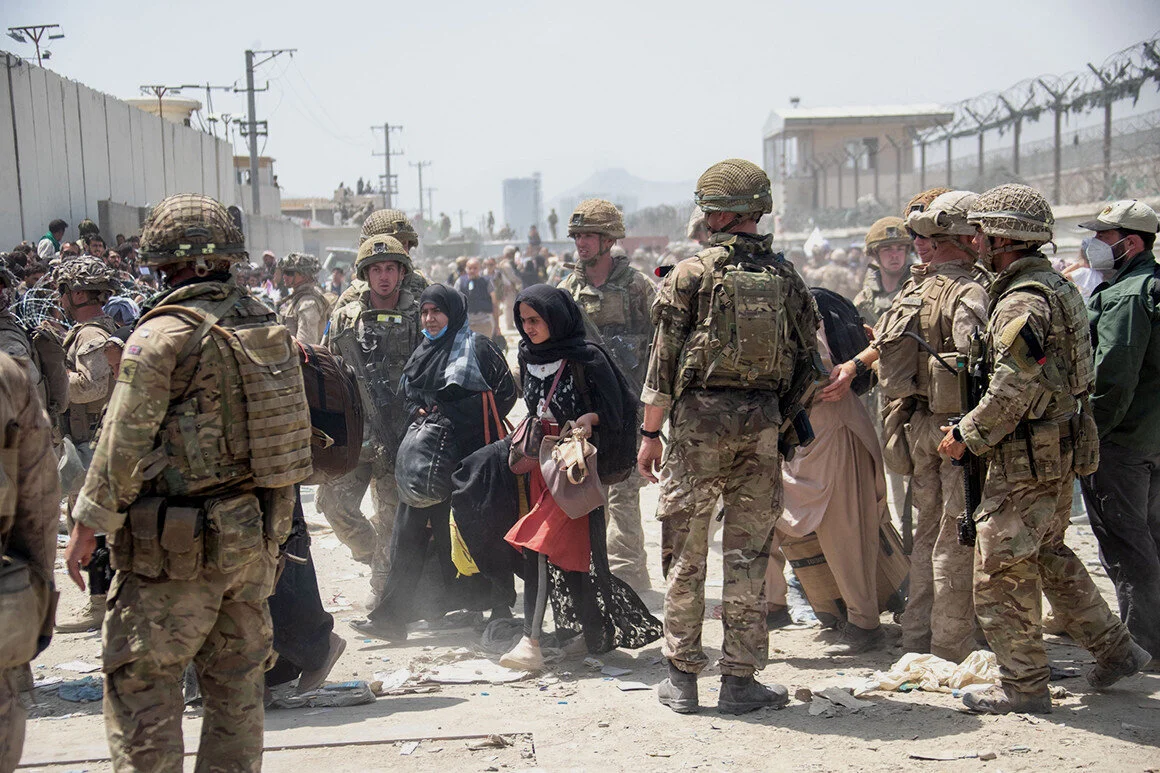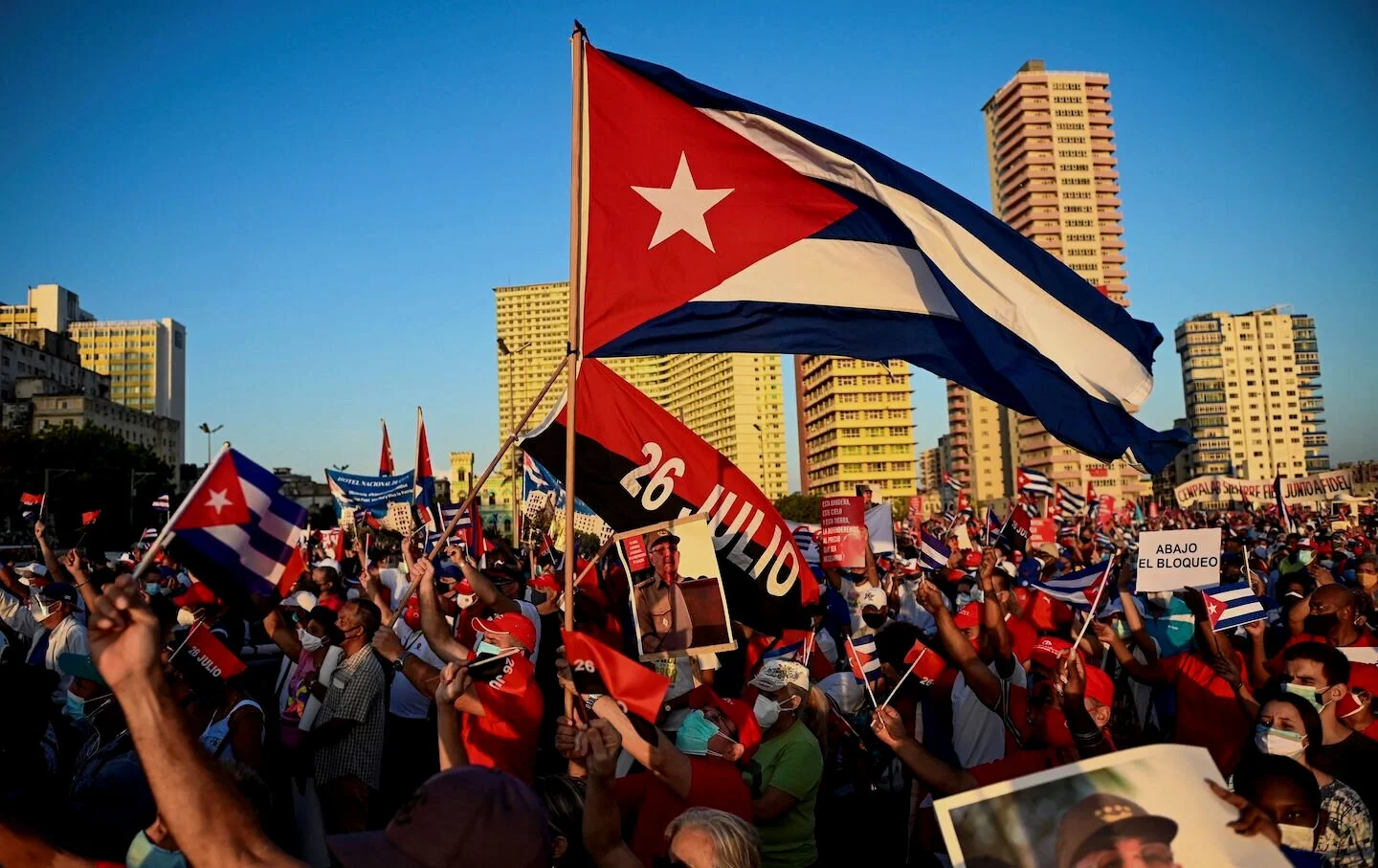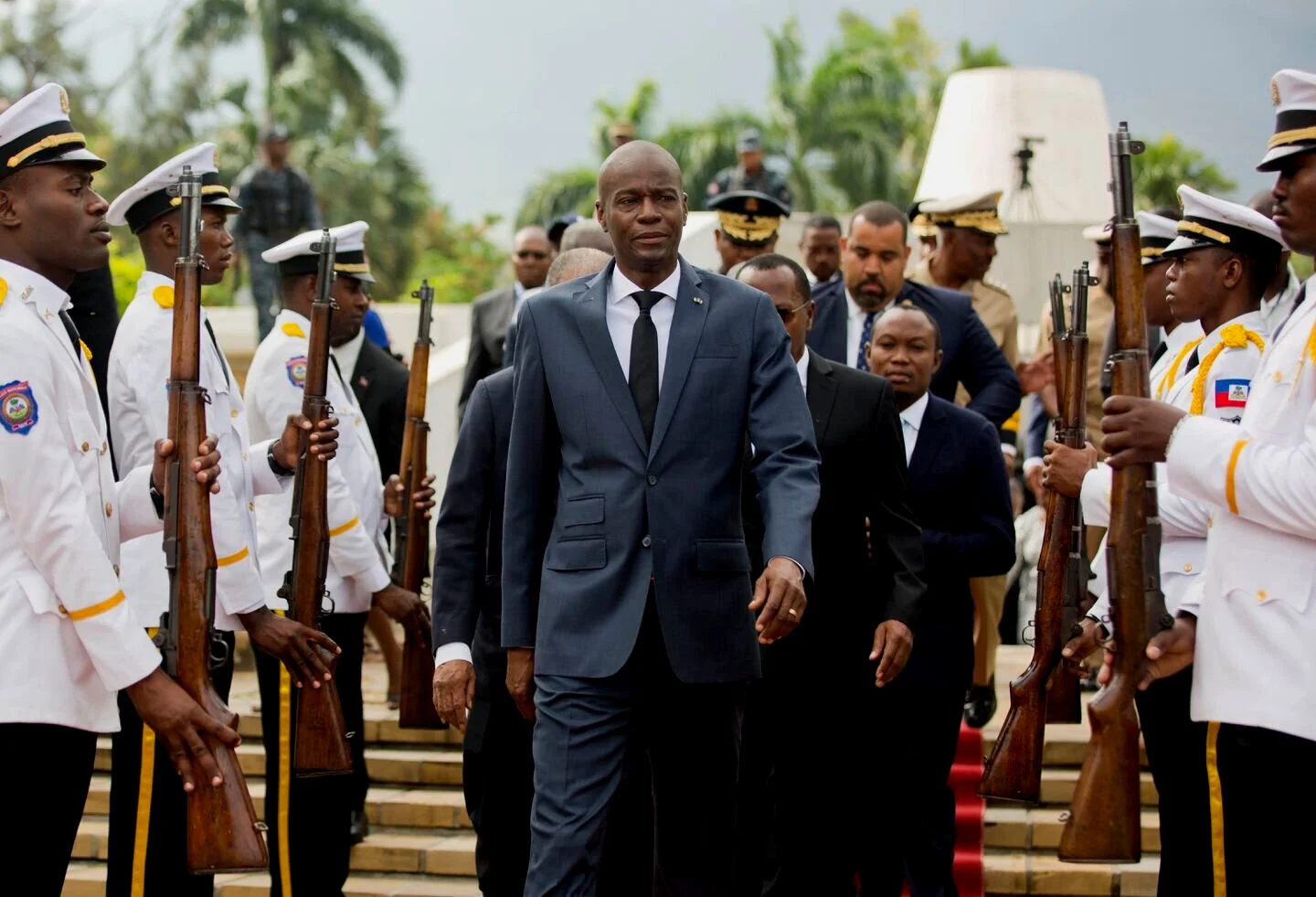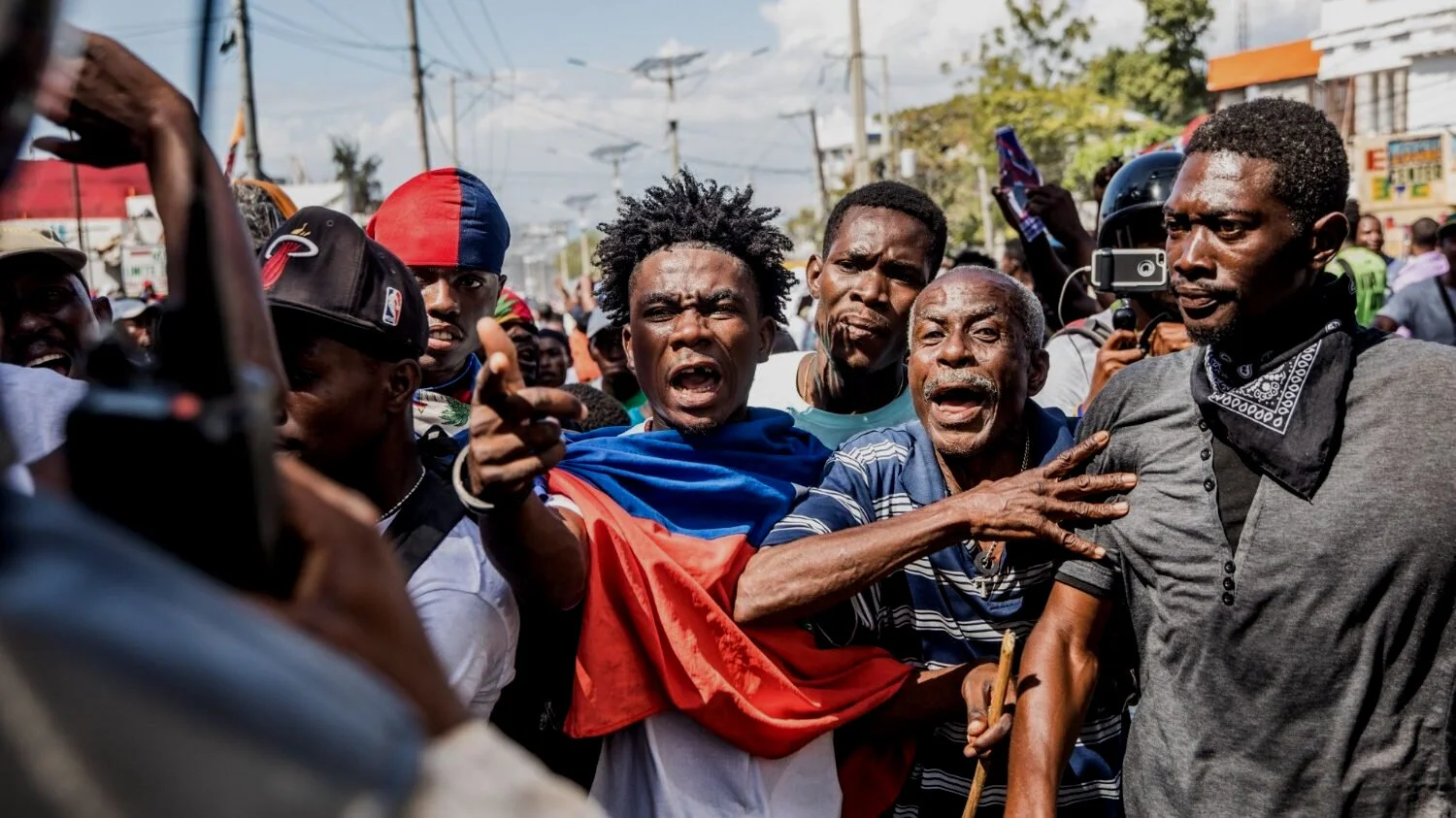Managua, Nicaragua
Netfa Remarks at Press Conference, Nicaragua, 9 November 2021:
US policy toward Nicaragua is connected to their policy against Cuba, and in Haiti, and against Venezuela and in Columbia. They Talk about political prisoners or people being prevented from participating as candidates in the process when this is completely untrue and the US has the longest-held political prisoners on the planet, some of them are now dying in prison. We saw firsthand the vibrance, freedom, and fairness of the process on the Caribbean Coast. Indigenous and Black people went to the polls in a humble and orderly fashion.
Their gains… They spoke of their gains since 2007 when the Sandinistas came to power, and what they are trying to ensure through their process of voting is the continuation of the process of roads, water, education, health care. What they experience is nothing comparable to what we have in the United States, where politicians haggle over the price tag of providing these things, human rights for all its citizens.
Most of the people on the Caribbean coast in Bluefields and other places expressed their faith in their government because of the fact that it provides agency for them. Not things being given to them, but that they actually enjoy an autonomy that is statutory, that is enshrined in the law. And is also behind how they carry out their election process in those regions. The black power that we fight for in the United States, they are realizing through autonomy. Autonomy is Black Power. And they say it is ensured through the Sandinista revolution.
The US policies are based on racism. The outrageous assumption that the US has the right to determine the leadership of other nations, when it cannot even provide basic human rights to its own citizens and residents is obscene. We are here because we are anti-imperialist internationalists, opposing the common global system of oppression. Thank you.
QUESTION from Camilla Escalante from Kawsachun News based in Bolivia:
WE have a selection of people here from Canada and the United States. Today Luis Almagro tweeted that the OAS has their own report, despite that the Organization of American States was not on the ground. We did not see them here. They don’t know what is going on. They actually said that this is a, they’re asking for a response to this clear violation of the democracy, despite their lack of presence. They actually called for and demanded an annulment of the election and the holding of a new electoral process; we’ve heard this before, because they say “guarantees electoral observation and true electoral competition.”
So, everyone here, unless you’re from Cuba or Venezuela, is from a country that are part of the Organization of American States. So what can we do, what can you guys do, going forward, given that we are represented within that body that continues to be interventionist, and that, where I live, carried out a coup exactly two years ...?
NETFA: I think that’s a very good question, an important question. I think that we first have to realize… the short answer to your question is that I think we have to build an anti-imperialist, united front that is global. The OAS has lost its legitimacy a long time ago, if it ever even had any. So, like you pointed out, it blatantly supported a coup in Bolivia and now it is attempting to discredit a process that is free and fair, when itself, is discredited. I think what has to happen is that we have to build an anti-imperialist front that only recognizes legitimate popular human rights or people-centered human rights processes. I think that also goes for looking internally to the United States, where the US pulls the strings of the OAS, like those for Almagro, and all of them, they carry the water for US imperialism. When we look to also expose the blatant contradictions and hypocrisy that US domestic policy has, its connection with the foreign policy it has, then I think that is the beginning of us building an anti-imperialist united front. And that’s essential, and it also means that we have to look for processes of power. We have to build power on the local level. There are places where the people don’t have state power. It’s still in the hands of an elite, like for example in Haiti, where they supported a dictator Jovenel Moïse in spite of these massive demonstrations against Moise. They fund the police there. They fund repression and then after his assassination they legitimized people assuming themselves in power, and actually hand picking the next leader. There is a lot of hypocrisy that the US has and the Organization of American States reflects that same hypocrisy.
CONT’…
I agree with everything that everybody says. It is important for us to realize what the US does in terms of its propaganda is not to target the Nicaraguan people. They are known. They read the polls just like us. Their attempts in the media to discredit it before it even happens is to target outside, particularly the US public. It’s to get support for their programs of “regime change” or the change of governments.
So, it is incumbent upon those of us who are anti-imperialist outside of Nicaragua, to recognize the reality; to see through the lies and to do our work in exposing the United States government. And not just the U.S. but we’re also the OAS, NATO; all of these institutions are really nothing but the Pan-European, capitalist, patriarchy. They represent the US-EU-NATO axis of domination. That’s what the OAS is… it’s part of that. So we have to realize that we already know that the Sandinista people… and the FSLN, like one of the young people told me, “it’s not just a party. We’re a social movement.” So they know they can’t do anything against that. But what they are trying to do is to intoxicate our thinking and to get people on the ground in the US to have pre-judgments about the kinds of things that we are expressing here.
QUESTION: Do any of you think there is any chance for a US or OAS coup attempt in Nicaragua.
They’ve already done that. In 2018 they already attempted a coup. This is part of the US playbook; to find the delinquent forces, the susceptible citizens of a country and co-opt them. They either pay them or whatever to create destabilizing attempts. And these are viscously violent attempts that are passed off in the media as if they are some legitimate uprising against a supposed dictatorial government. They’ve done that already. We should always expect that they will do that. If they will drop bombs on innocent babies anywhere in the world, that means they’re committed to full spectrum dominance by any means necessary. So we have to be committed to decolonization, anti-capitalism, and anti-imperialism. And I’ll say this to indigenous and Black people one of the things they’re trying to make us believe is…
You know it’s hard for us to say, (many of us in the Black Alliance for Peace) that this is ours… this is not our government. We are colonized victims of their violence inside the United States. We’re not trying to “convince” them of anything. We’re fighting for decolonization and liberation against these global imperialist pigs. And that is what we’re struggling for. So, one: we don’t put anything past them. They’re gonna do whatever they can. They’re going to continue to do it until their last breath. So we have to be just as determined to get our liberation and our freedom.
Margaret Remarks at Press Conference, Nicaragua, 9 November 2021
“My name is Margaret Kimberley and I am a member of a seven-person delegation from Black Alliance for Peace. We have been here in Managua and in Blue Fields on the Caribbean coast on election day. That region is the home of a variety of ethnic groups, Afro-descended Garifuna and Creole communities, Miskito, Olwas, Mayagna, and Rama indigenous people, and Mestizos.
We saw four different polling places in the town of Blue Fields and on Pearl Lagoon. We saw a well managed process, a ballot which is clearer than any I have seen in my home in New York, and people from all of the communities I mentioned participating as voters.
What we saw is not what the corporate media and US politicians tell the public about Nicaragua. Newspapers and television networks in the US claimed that only the governing party was allowed to campaign and that other candidates are in prison. This is not true. None of the six presidential candidates were incarcerated. Large campaign signs representing all parties were clearly displayed. All Nicaraguans were aware of who is running and which parties they represent. There was no confusion about the process or about the electoral choices available. In short, what we saw is in direct contradiction to what people in the US are being told about the Nicaraguan election.
The presence of our group and other companions has been vital in telling the people of the world about events here. I don’t mean to be boastful in making that statement. My goal is to point out the degree of manipulation being orchestrated around the world by the US government and others who would deny the Nicaraguan people their rights to self determination. The US congress passed the RENACER act, imposing sanctions on the government, sanctions that will harm the people who freely exercised the franchise, all under the guise of helping them. The Black Alliance for Peace delegation is grateful to have participated in this process of witnessing the will of the people in this country and having the opportunity of sharing what we have seen. Thank you very much.”

















